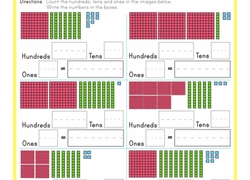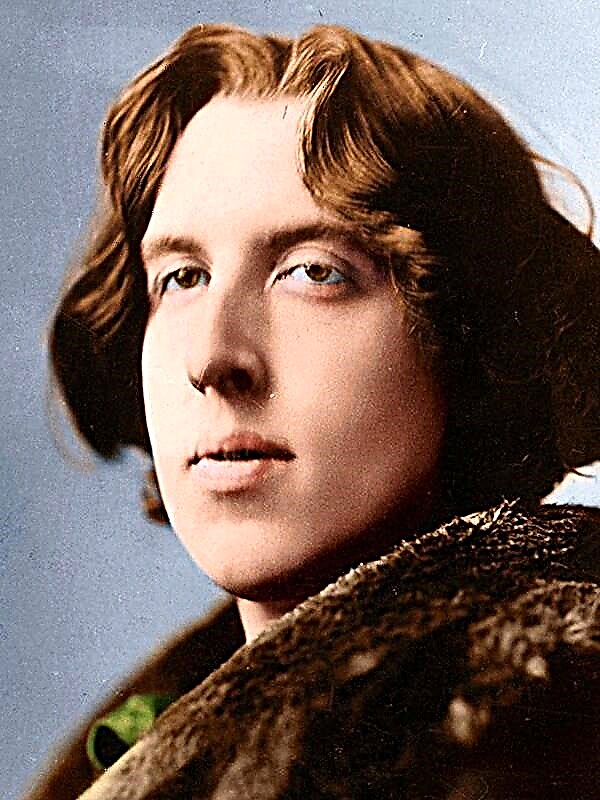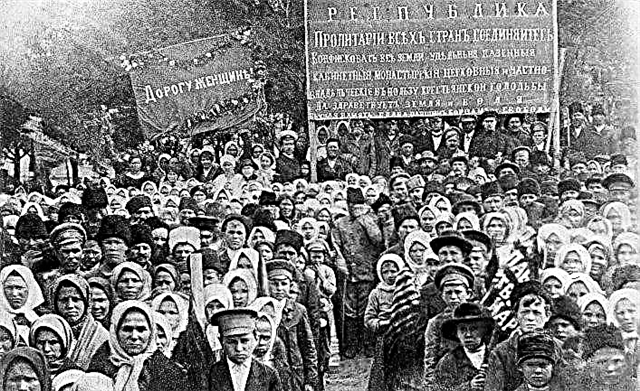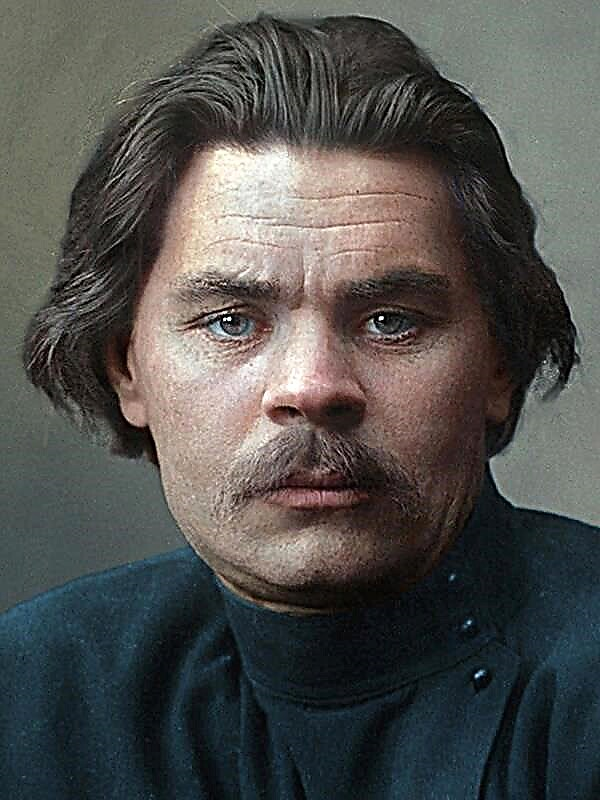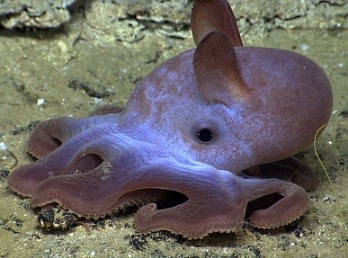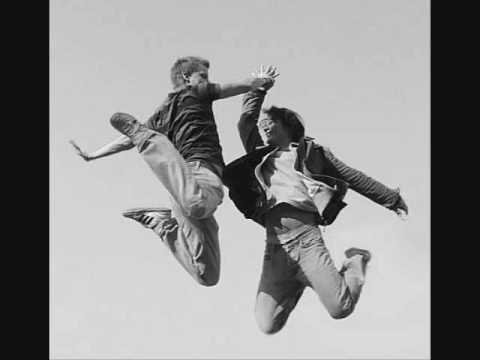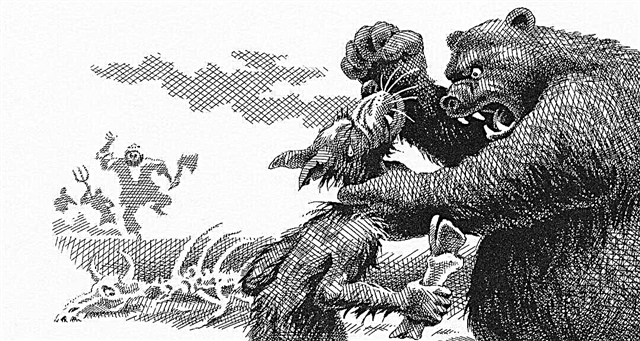(379 words) “God forbid to see the Russian rebellion - meaningless and merciless,” - this is the famous aphorism of Pushkin, which first appeared in the novel “The Captain's Daughter”.
What kind of rebellion are we talking about? The author describes to us a real historical event that occurred during the reign of Catherine II. In the 70s of the XVIII century, the Russian Empire was at war, which means that the entire state treasury was aimed at military needs. Also in those years there were frosts, crop failures, and a terrible famine rolled around the country. All this caused discontent of the population, which was already cocked by the willfulness of the noble landowners, spoiled by the mercies of the empress. All that was needed was a small spark to riot. It was this force that became the people's leader Emelyan Pugachev, who preferred to call himself "the late Emperor Peter III." Pugacheva, as a real historical figure, Pushkin introduces a character into his novel.
Why was rebellion pointless? The people went ahead, occupied and subjugated the cities and sat down one after another, but in essence they had no serious organization, no program. Everyone did not understand what everyone was fighting for, and meaninglessly fought for something of their own.
For the same reason, rebellion and merciless. Having no control, everyone, defending his interests, did what he wanted and how he wanted. If Pugachev had his own lofty goal - to get to the throne, then a simple ordinary man had simpler goals - “bread and circuses”. Hunger pushed them to plunder, freedom to violence, revenge to murder. Pushkin rather vividly portrayed all the disorder and filth of the riot in The Captain's Daughter.
The author paints a rebellion not only meaningless and merciless, but also powerful, spontaneous, cruel, but still human. As mentioned above, this riot did not have any sensible organization, control, or charter. All decisions were made immediately: either by the crowd, or by Pugachev. The human factor here played an important role. For example, Pugachev executed Ivan Kuzmich and Vasilisa Egorovna, who refused to swear allegiance to the “new tsar,” but left Pyotr Grinev alive, who also refused the oath, but was nice to Pugachev, as he presented him with a hare sheepskin coat at the last meeting.
The theme of rebellion is generally not indifferent to Pushkin, since he was an eyewitness to another rebellion - the Decembrists Uprising. Many Decembrists were his friends or lyceum comrades, he loved them. Therefore, in the image of Pugachev, the author leaves nice human features. However, the era in which Pushkin creates requires just such a denouement: suppression of rebellion and praise of imperial power. But in fact, both of these serious riots in our history have been suppressed.

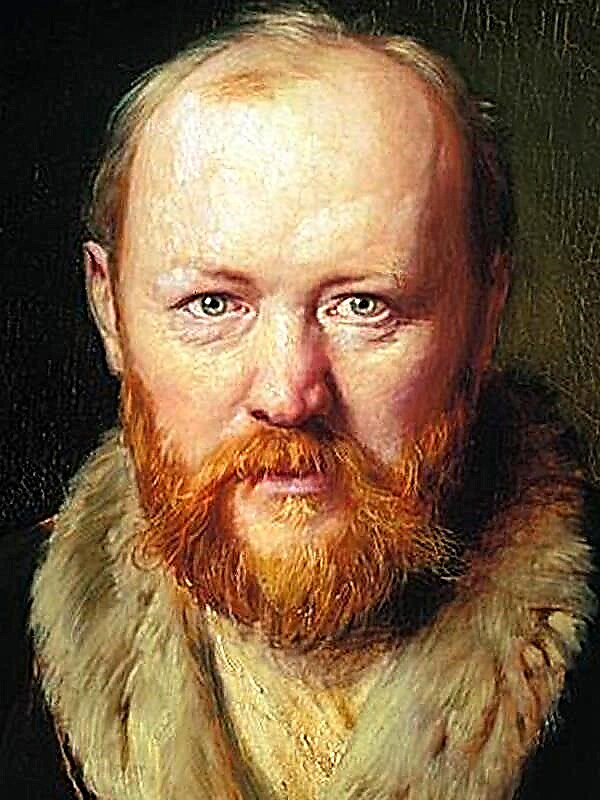
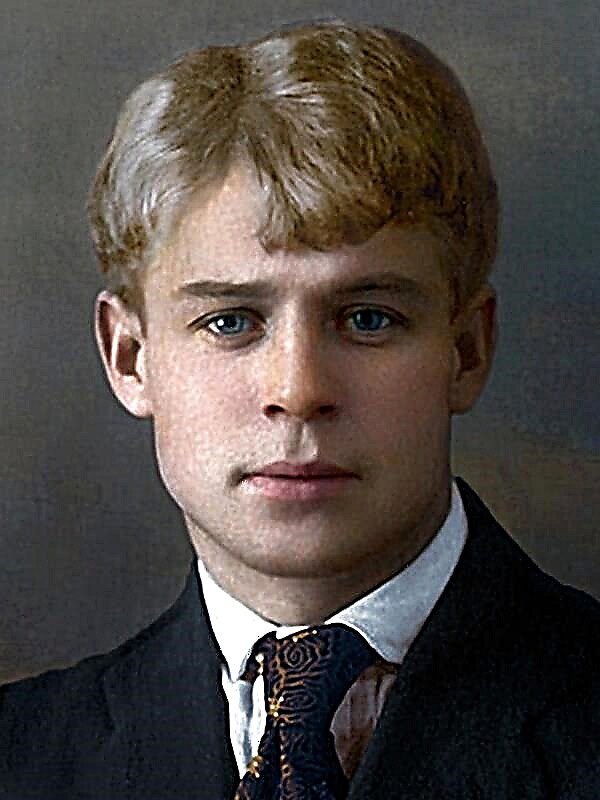
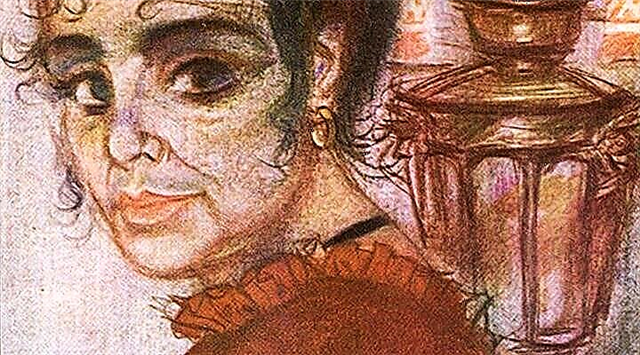 Dark alleys
Dark alleys